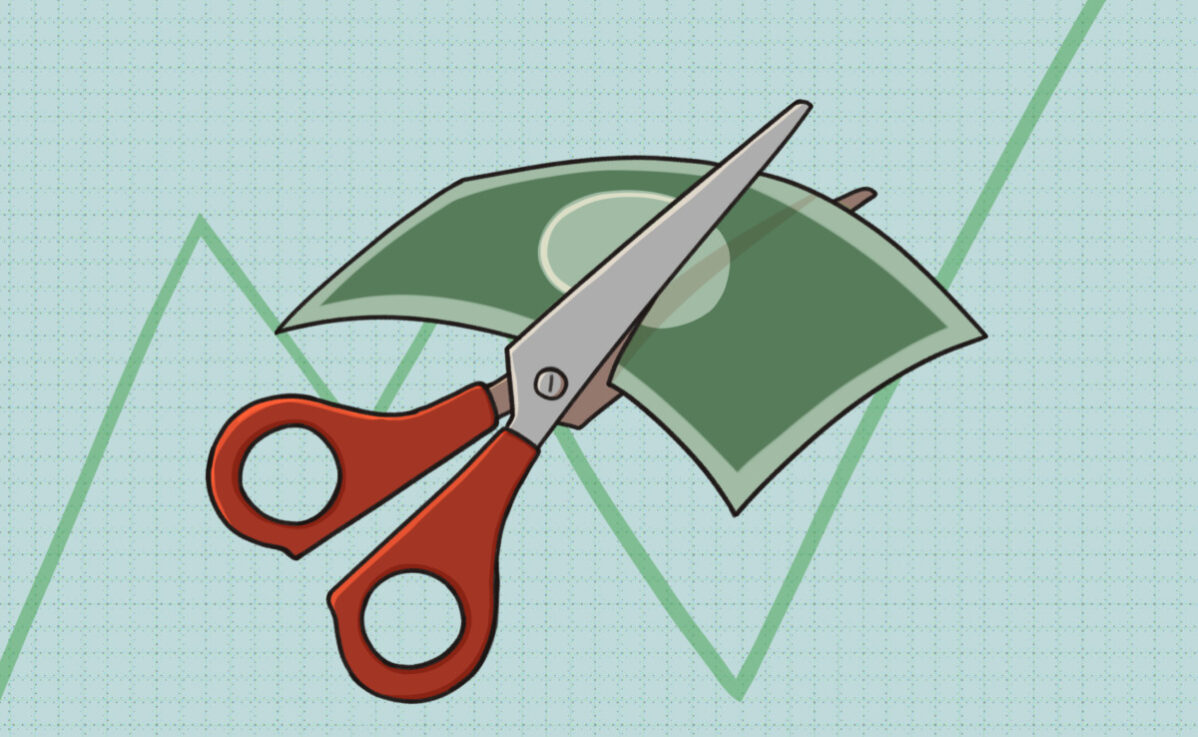Despite what people think, property tax increase is set to drive up rental costs.
Amidst the growing affordability costs of everyday necessities and rental prices, the 2025 budget for Toronto city includes a tax hike of 5.4 per cent for residential property and 2.7 per cent for multi-residential property in the 2025 city budget.
This makes up 30 per cent of the budget funds for 2025.
Mayor Olivia Chow touts the tax hike to be of benefit to the people.
“The 2025 Budget will mean change in Torontonians’ lives today. Change means libraries open seven days a week, transit fares frozen while TTC service increases, thousands more kids fed meals at school and summer camps, pools open sooner and longer. Renovictions prevented by taking housing off the market and more support for tenants. Traffic agents to keep Toronto moving. Emergency responders arrive sooner when you need them most,” she said in a news release.
Chow tried to reassure those who are worried about the tax increase, likening the cost to that of a burger, while noting how it helps the residents of Toronto.
“Each week homeowners are looking at an increase on average of $5.20.”
There are property tax relief programs for eligible low-income seniors and people living with a disability. These programs include property tax increase cancellation or deferral programs.
Corbin Sparks a resident of Toronto who supports the budget, notes how this budget will allegedly help with the housing issues many are facing.
“I want to applaud the real investments into affordability housing and rental supports… All this can be achieved with the minor property tax increase.”
While another resident, John De Marco was against the tax hike and the budget.
“Our property taxes will have doubled … where are the reductions of personnel and services that are redundant. The government is announcing that taxpayers are to receive a check to help in these economic troubling times, like the thief who steals your watch and returns the watch and calls it a gift.”
The increase for multi-residential properties was set to 2.7 percent, half of the residential properties to avoid any rent increases due to above guideline increases in ownership costs. This was done to prevent any rent increase on top of the annual increase.
David Haines, a communications professional who follows the city council budget meetings closely says, “there is a misconception that tenants don’t pay property taxes. That is paid by the landlords, but landlords bake it into the rent they charge tenants. That’s part of their business model.”
Alexandra Tejeda, a realtor agrees with this sentiment, further ensuring that the renters don’t pay talking point is put to rest.
“It’s always passed on to the tenants … it affects the owner, but it also affects rental prices and therefore it affects the tenants.”
Concerns persist about the exploitation of tenants, many of whom are international students sharing small units in rooming houses. Without robust regulations overseeing such rooming houses, Alexandra Tejeda urges tenants facing such conditions to know their rights.
“It’s important to know your rights and know when to reach out when something is illegal. I think they are really important to know, like the residential tenancy agreement or the agreement to lease, and the landlord tenant board because it’s important to know how to handle disputes.”
Mayor Chow remains steadfast on her stance of the tax hike with the only changes being raising the income threshold for tax exemption or deferment for seniors and people with disabilities, from $57,112 to $60,000.
With many lines in the budget receiving more money than last, it would be good to see some of that spending improve things like the abysmal TTC service, ranked second worst in Canada and the USA. Alternatively, perhaps the city will be safer moving forward since the increase to the police budget means the Toronto Police Service can do something about the abundance of dangerous drivers.
Only time will tell if this hike helps or hinders the average Toronto resident.


